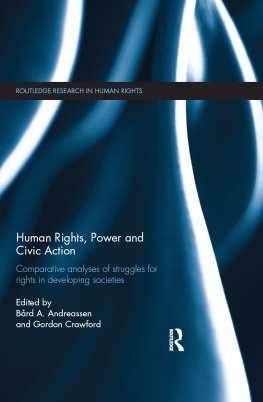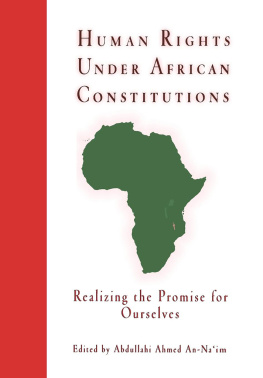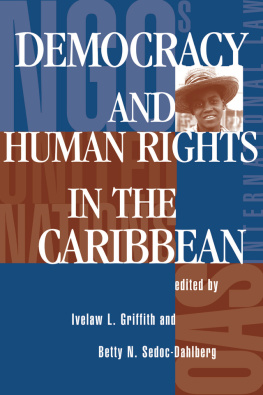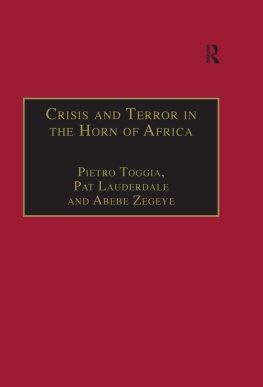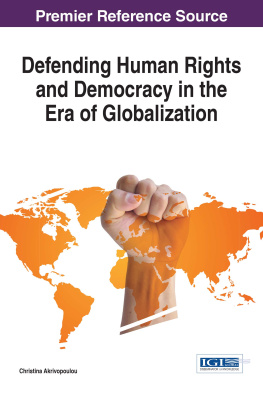South Africas Struggle
for Human Rights
OHIO SHORT HISTORIES OF AFRICA
This series of Ohio Short Histories of Africa is meant for those who are looking for a brief but lively introduction to a wide range of topics in South African history, politics, and biography, written by some of the leading experts in their fields.
Steve Biko
by Lindy Wilson
ISBN: 978-0-8214-2025-6
e-ISBN: 978-0-8214-4441-2
Spear of the Nation (Umkhonto weSizwe):
South Africas Liberation Army, 1960s1990s
by Janet Cherry
ISBN: 978-0-8214-2026-3
e-ISBN: 978-0-8214-4443-6
Epidemics:
The Story of South Africas Five Most Lethal Human Diseases
by Howard Phillips
ISBN: 978-0-8214-2028-7
e-ISBN: 978-0-8214-4442-9
South Africas Struggle for Human Rights
by Saul Dubow
ISBN: 978-0-8214-2027-0
e-ISBN: 978-0-8214-4440-5
South Africas Struggle
for Human Rights
Saul Dubow
OHIO UNIVERSITY PRESS
ATHENS
Ohio University Press, Athens, Ohio 45701
www.ohioswallow.com
All rights reserved
First published as A Brief History of Rights in South Africa
by Jacana Media (Pty) Ltd in 2012
10 Orange Street
Sunnyside
Auckland Park 2092
South Africa
(+27 11) 628-3200
www.jacana.co.za
Saul Dubow, 2012
To obtain permission to quote, reprint, or otherwise reproduce or distribute material from Ohio University Press publications, please contact our rights and permissions department at (740) 593-1154 or (740) 593-4536 (fax).
First published in North America in 2012 by Ohio University Press
Printed in the United States of America
Ohio University Press books are printed on acid-free paper

20 19 18 17 16 15 14 13 12 5 4 3 2 1
ISBN: 978-0-8214-2027-0
e-ISBN: 978-0-8214-4440-5
Library of Congress Cataloging-in-Publication Data
Dubow, Saul.
South Africas struggle for human rights / Saul Dubow.
p. cm. (Ohio short histories of Africa)
Includes bibliographical references and index.
ISBN 978-0-8214-2027-0 (pb : alk. paper)
ISBN 978-0-8214-4440-5
1. Human rightsSouth AfricaHistory. 2. Civil rightsSouth AfricaHistory. 3. DemocracySouth Africa. 4. South AfricaPolitics and government. I. Title.
JC599.S5D83 2012
323.0968dc23
2012027269
Cover design by Joey Hi-Fi
Contents
Preface
The immediate spur to writing this book was an invitation by my friend and colleague Paul Betts to write an article on human rights and social rights for a conference he was helping to organise in Berlin in 2010. Snow-bound Britain prevented our reaching Germany, and I was left with an incomplete paper requiring a great deal more work. In doing this, I began to realise that the issues explored here also have deeper roots: this book is in some ways a companion piece to my contribution on South Africa and South Africans in the new Cambridge History of South Africa, volume 2 (2011); it may also have been sparked by a late-night argument with a spirited political activist and close friend (circa 1980) about the extent to which the ANCs Charterist tradition entailed a commitment to rights.
Whatever its origins, this short volume would not have emerged in the form that it has without the imagination and encouragement of my publisher Russell Martin. Although this is only a small book, I have incurred an unusually long list of debts in producing it. Colin Bundy, Trevor Burnard, Wayne Dooling, Gail Gerhart, Hermann Giliomee, Patrick Harries, Mark Mazower, Sam Moyn, Keith Shear, Milton Shain, Rob Skinner, Andr du Toit, and Clive Webb all made very helpful and sometimes challenging suggestions. Since the subject intrudes into specialist areas of law that are not the usual domain of historians, I also sought the advice of Richard Wilson and Hugh Corder, both of whom generously gave me time and set me right without making me feel an interloper. I am deeply grateful for all this help and friendship. While the doctrine of collective responsibility might conceivably apply, it would not be fair to implicate them in the outcome.
1
Introduction
South Africas transition to a post-apartheid democracy, so often referred to as a miracle, is widely celebrated as a triumph for global human rights. The countrys new Constitution, its Truth and Reconciliation Commission, and the moral authority of Nelson Mandela stand as exemplary proof of this achievement. Yet, less than a generation after the achievement of freedom, the status of human rights in South Africa is uncertain. In government, the ANC has displayed an inconsistent attitude to the protection, let alone advancement, of hard-won freedoms and rights, and it is not at all clear that a broader civic and political consciousness of the importance of rights is rooting itself more widely in popular culture.
South Africas final Constitution was intended to aid in the establishment of a post-apartheid society based on democratic values, social justice and fundamental human rights. In doing so, it was
Realisation of these ideals depends on the states active engagement in expanding the domain of rights for the collective social well-being of the people. Yet, a government which came to power proclaiming its commitment to second-generation social rights frequently finds itself blocking their active realisation. In power, leading government figures have shown increasing lack of regard for the independence of the judiciary, and high-level corruption suggests that the well-being of the elite prevails over the wider interests of the people. In the view of Arthur Chaskalson, first President of the countrys Constitutional Court and Chief Justice until 2005, corruption and the fragility of rights are two linked dangers which have to be confronted. A similar point is made by the writer and public intellectual Njabulo Ndebele, speaking in 2011: The greatest threat we face is the impact on the public mind of the emergent, unconstitutional culture of concealment.
It is indeed hard to think of any other colonised society where distinct strands of rights discourse have been conjoined in this manner. Most histories of human rights are located at the international level. To be able to locate these different rights traditions in the national narratives of a single society presents particular challenges.
Although the struggles against British imperialism, Afrikaner nationalism and white supremacy were configured broadly to achieve rights (or to redress wrongs), the phrase human rights seldom features in either the texts or the indexes of key works of history. This immediately raises the question about the status of rights in South African history. The premise here is that struggles over rights in South Africa have helped to shape its emergence as a nation-state over a long period, though there is no suggestion that the objective of securing rights has been consistent or that rights claims have always been to the fore. In exploring how deeply entrenched rights thinking is in South African political thought, this book makes two claims which, on the surface, may seem contradictory: first, that a legacy of rights thinking however episodic, fragmented or attenuated



